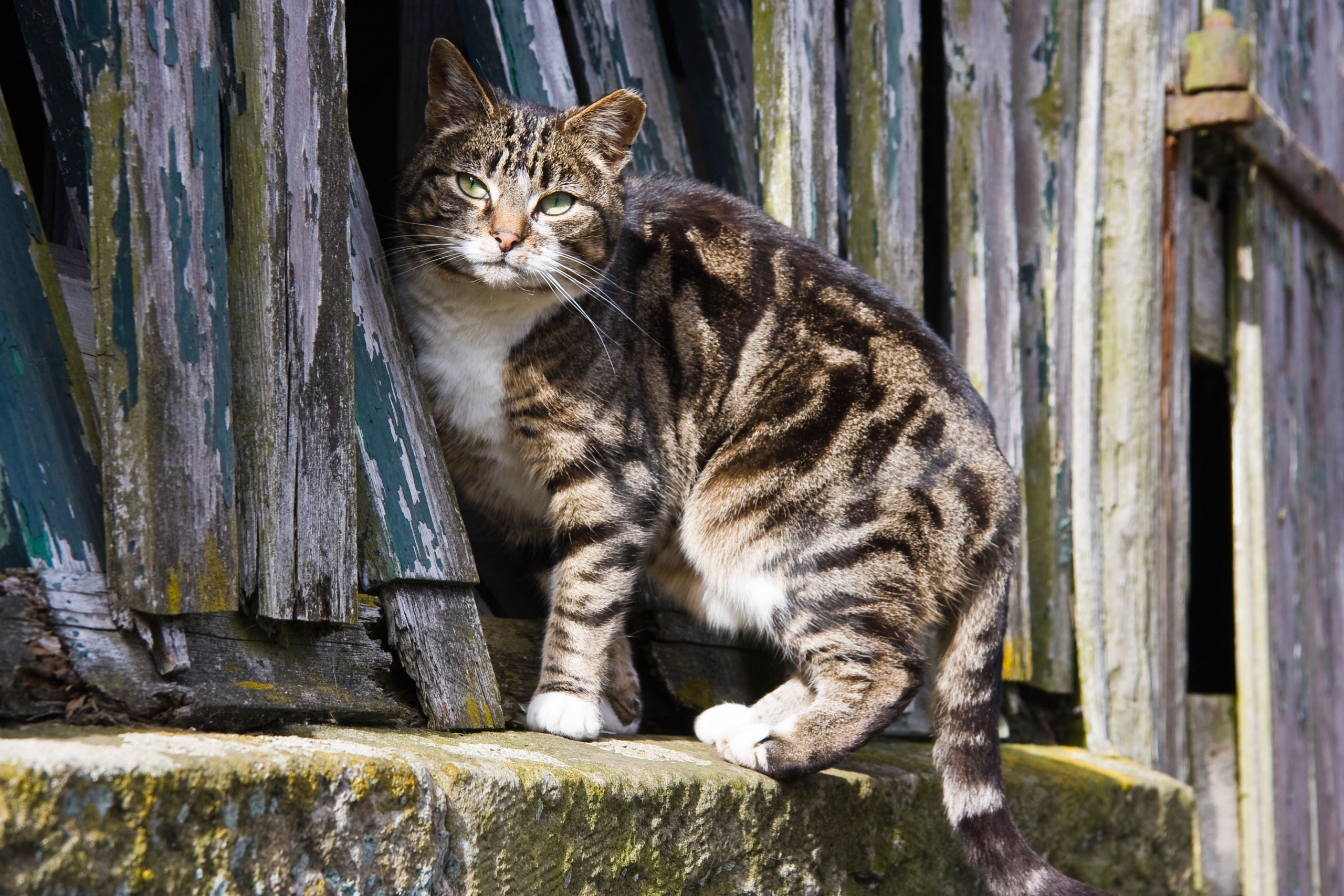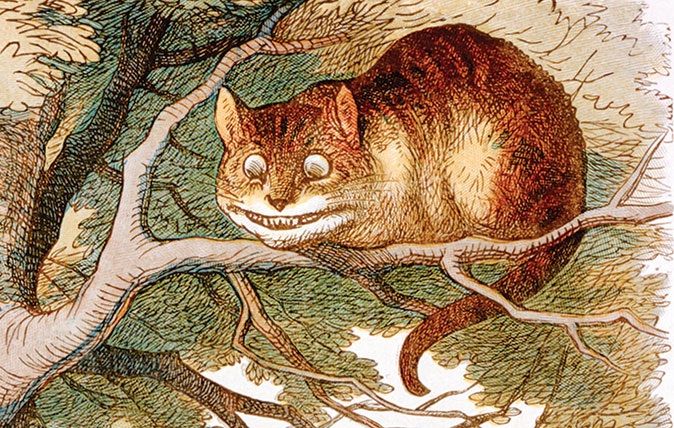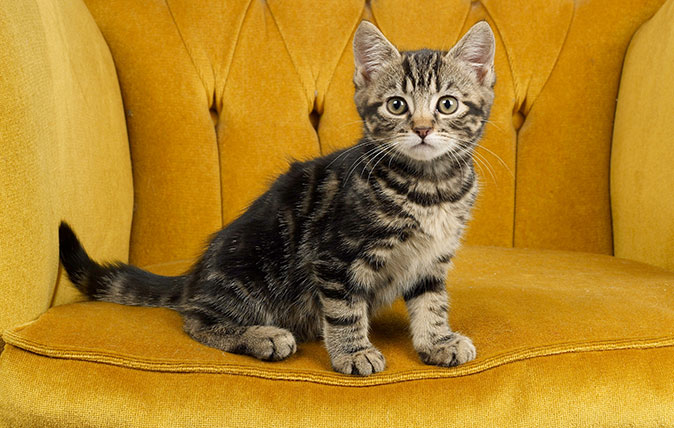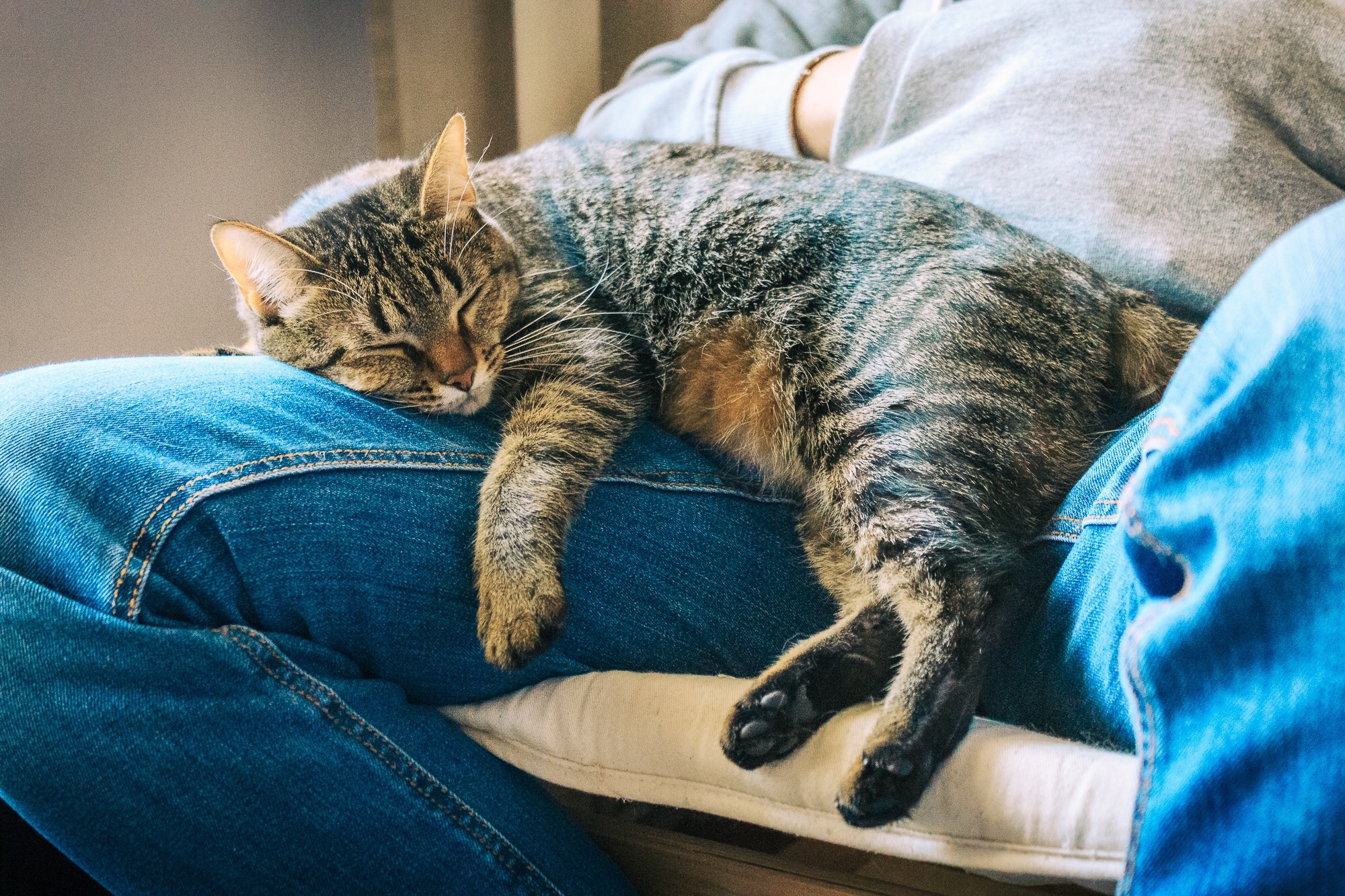Jason Goodwin: 'The cats stayed on when the old occupants left, full of feline discretion, more like a whiff of perfume than an actual presence'
Jason Goodwin tells the sad tale of the cats that walked by themselves, almost up until the end.

Exquisite houses, the beauty of Nature, and how to get the most from your life, straight to your inbox.
You are now subscribed
Your newsletter sign-up was successful
The previous occupants of our house, it is said, left in rather a hurry, like characters in a Victorian novel. The cellars and garden, not to mention outhouses and paddocks, were strewn with their possessions, mostly office furniture and horse gear, and makeshift jumps were concealed in the tall grass. It was a while before we moved in, what with the clearing up. John, who keeps the longhorn cattle on the hill, sometimes kept a cow with her calf in the barn next door and every night he would come and feed the abandoned cats.
They were seldom seen and looked identical, two tabbies who moved out of the house and into the barn when the works began, and stayed on. By the time we moved in, they were all but invisible; for years, we assumed they were one cat. Cats hate moving home. The previous occupants may have left them behind out of kindness, but I doubt it. There had been a pony left in the paddock, together with all the office furniture.
The cats stayed on, full of feline discretion, more like a whiff of perfume than an actual presence in the yard. Something stored in a stable might mysteriously tumble. Sometimes, at dusk, the dog tore out of the kitchen door and raced to the yard gate, barking at shadows, but he knew better than we. The chickens were unaffected — it wasn’t cats who pared their numbers and left the feathers on the lawn — although I think an egg or two went missing now and then. Once or twice in a year, when I went to let the hens in or out, I caught sight of a tabby, paws together, looking out, expressionless, at the hayloft window, so we knew they were there.
One cat disappeared. John kept coming to put down food. We saw the surviving cat more in lockdown, when we saw more of everything and less of anyone. Only in retrospect do I realise how often we saw it in the past month. It stole out, I think, to drink the hen’s water in the heatwave; we left it milk. It had no truck with us. It walked by itself, as Kipling said, and annoyed the dogs.
"We had meant to ease its pain, but perhaps the cat knew better"
A fortnight ago, I passed behind the cat on the grass. It turned its head the wrong way at first, then started and walked off — I guessed it had gone deaf. Later, I found the old tabby curled around the grain bin, in the sun. It raised itself on four paws as I approached, and loped away half-heartedly, with a backward glance. It had something wrong with it: too much fur, too much belly. I wondered, briefly, if it was pregnant.
Instead, in the early afternoon, Harry and I went out with a box, and Harry picked the cat up carefully with gardening gloves. The cat bit, and tried to scratch, but its heart wasn’t in it. We put the box in the back of the car and drove to the vet. The cat growled from time to time like an old tiger. ‘It has never been in a car in its life,’ Harry said. ‘Or more than 100 yards from the barn.’
When the vet looked into the box the cat moved a little. The floor of the box was damp, and there was a bad smell. Later, we returned with the little corpse in a towel, and John said he’d bury it at the edge of the wood.
Exquisite houses, the beauty of Nature, and how to get the most from your life, straight to your inbox.
Harry and I wondered uneasily about the car journey, the vet, the deadly needle. We had meant to ease its pain, but perhaps the cat knew better. Lying and dying in the yard where it had lived, did it really belong to the spirit of the place, no more tangible than a skein of morning mist?

The nine greatest cats in literature, from Macavity to the Cat Who Walked By Himself
Macavity, Macavity, there’s no one like Macavity – apart from the other eight on this list, as picked out by Emma

Credit: Alamy
In praise of cats, our 'lithe, scrupulously clean and interesting companions'
Most people identify either as a dog person or a cat person, and Country Life's default focus is usually canine.

Credit: Getty Images/EyeEm
Curious Questions: How did cats come to be man's second-best friend? (Or best, depending on who you ask)
In the last few weeks, Martin Fone has been taking a look at how dogs were first domesticated and the